What are the benefits of organically grown foodstuffs?
When PRONATEC was first founded, it was breaking new ground, but now the principle is widely accepted: organic farming has important advantages for society and the environment. According to the latest report from the Research Institute of Organic Agriculture (FiBL), organic farming uses only half as much energy as conventional farming, reduces the nitrate content in groundwater, promotes biodiversity and stores more carbon in the soil. How can the food industry present these benefits in a credible way, and which aspects should it focus on in its publicity?
PRONATEC – an organic pioneer

When owner and Managing Director David Yersin joined his father’s two-man company in 1989, hardly anyone was talking “organic”. As an organic and Fairtrade pioneer, David Yersin not only had to convince food processors in Europe that “organic” was the way forward – he also had to get the small-scale cocoa and sugar farmers in the source countries on board. Most of them were sceptical at first about entering the organic market, which was, at that time, extremely limited. Over the many years we have built up an enormous fund of knowledge. Thanks to their extensive experience in organic cultivation and targeted investments in technical infrastructure (e.g. fermentation and cocoa bean drying facilities), our long-time suppliers of cocoa and sugar today achieve good yields and very high quality.
Report shows the added value for society and the environment
Nowadays, “organic” has become mainstream, and it’s clear that organic farming has important advantages for society and the environment. According to the FiBL report entitled «Auf den Punkt gebracht – gesellschaftliche Leistungen des ökologischen Landbaus» (Summarising the social benefits of ecological farming), organic farming uses 50% less energy, reduces the nitrate content in groundwater by half and increases biodiversity by 30%. It also stores more carbon in the soil, which helps with controlling climate change. The report was produced in close cooperation with the Federal Organic Farming Programme (BÖL) and the Federal Ministry of Food and Agriculture (BMEL). It was based primarily on scientific meta-analysis, to ensure results with high validity.
We believe that the following points are particularly relevant to producers of organic food and especially useful in making their products stand out on the market.
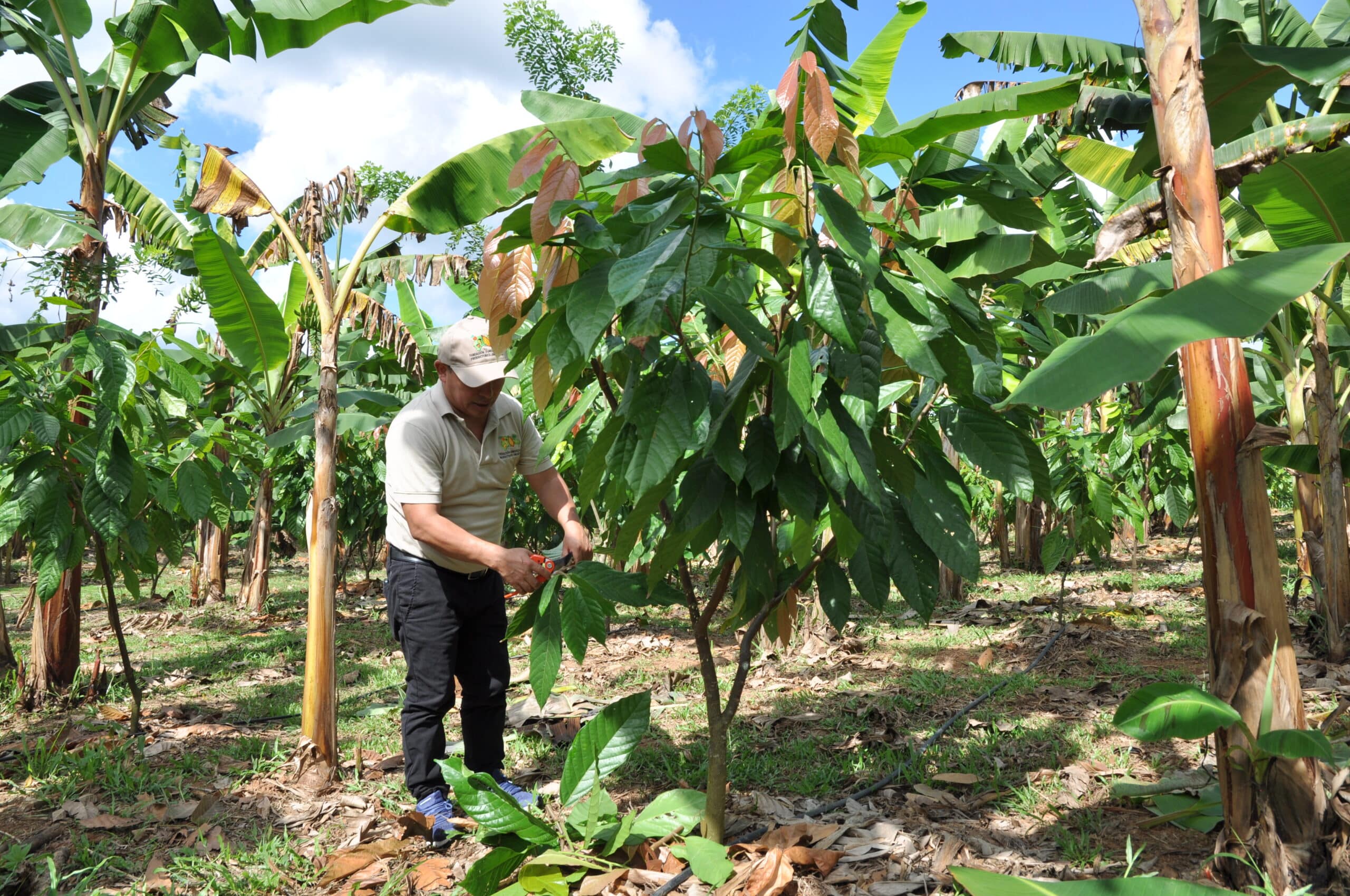
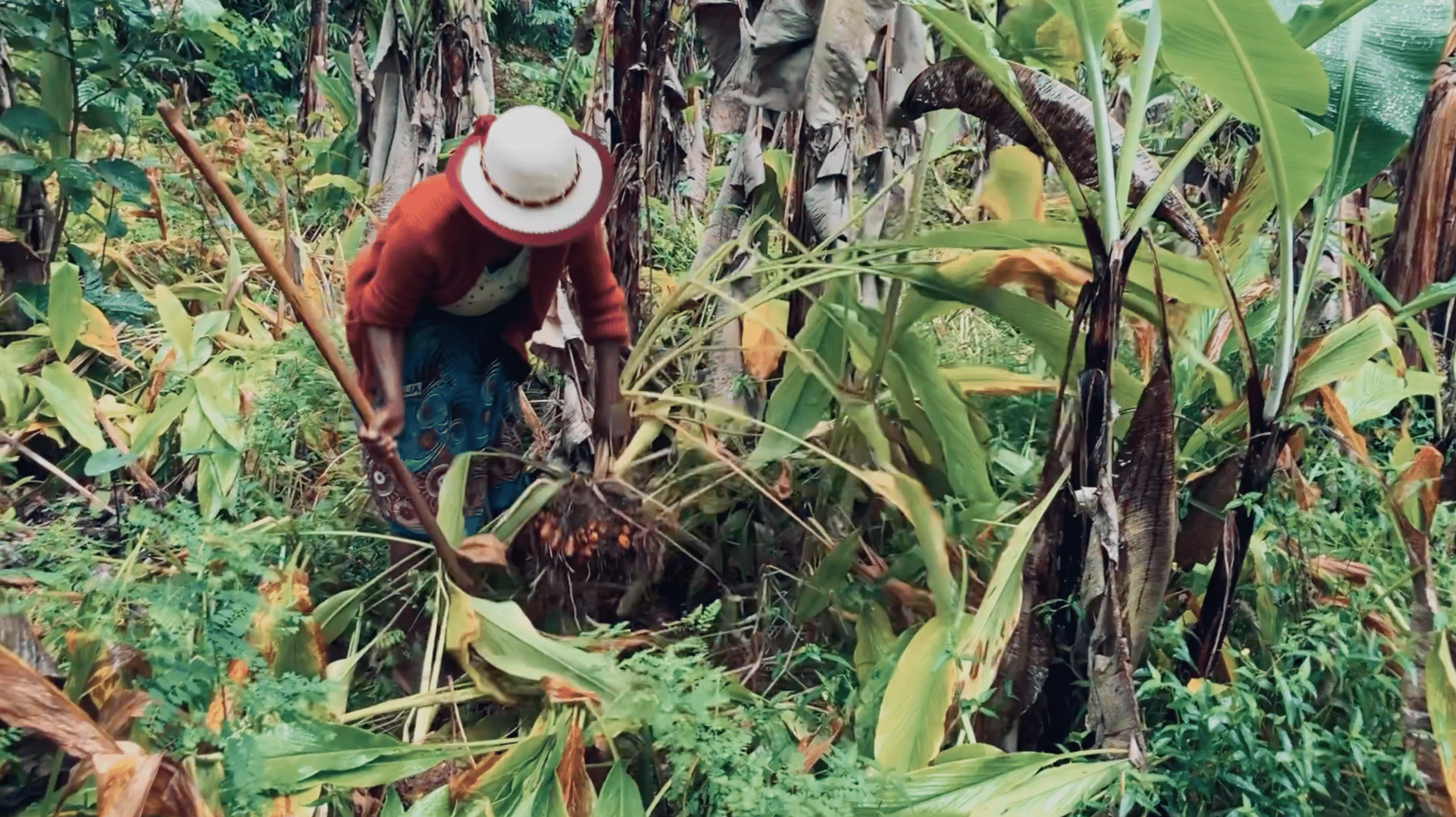
Healthier food with fewer residue
Organic food is virtually free of pesticide and also results in a far lower risk of nitrates entering waterways and groundwater, because organic farming does not use chemical-synthetic pesticides or highly concentrated mineral nitrogen fertilisers. This is in line with PRONATEC’s experience: since our own cocoa plant went into business in 2022, processing exclusively organic cocoa, we have seen a definite decrease in pesticide cases.
Climate protection due to lower emissions
Organic farming reduces greenhouse gas emissions because it does not use mineral nitrogen fertilisers, which require considerable amounts of fossil fuels for production and application. It also promotes the formation of humus thanks to using organic fertilisers such as compost and dung, and practising targeted crop rotation and cover crop cultivation. These measures increase the amount of organic material in the soil, which binds in CO₂ for the long term. The higher humus content also improves the ability of the soil to retain water, reduces erosion and boosts soil fertility – an extra, long-term benefit of sustainable agricultural production methods.
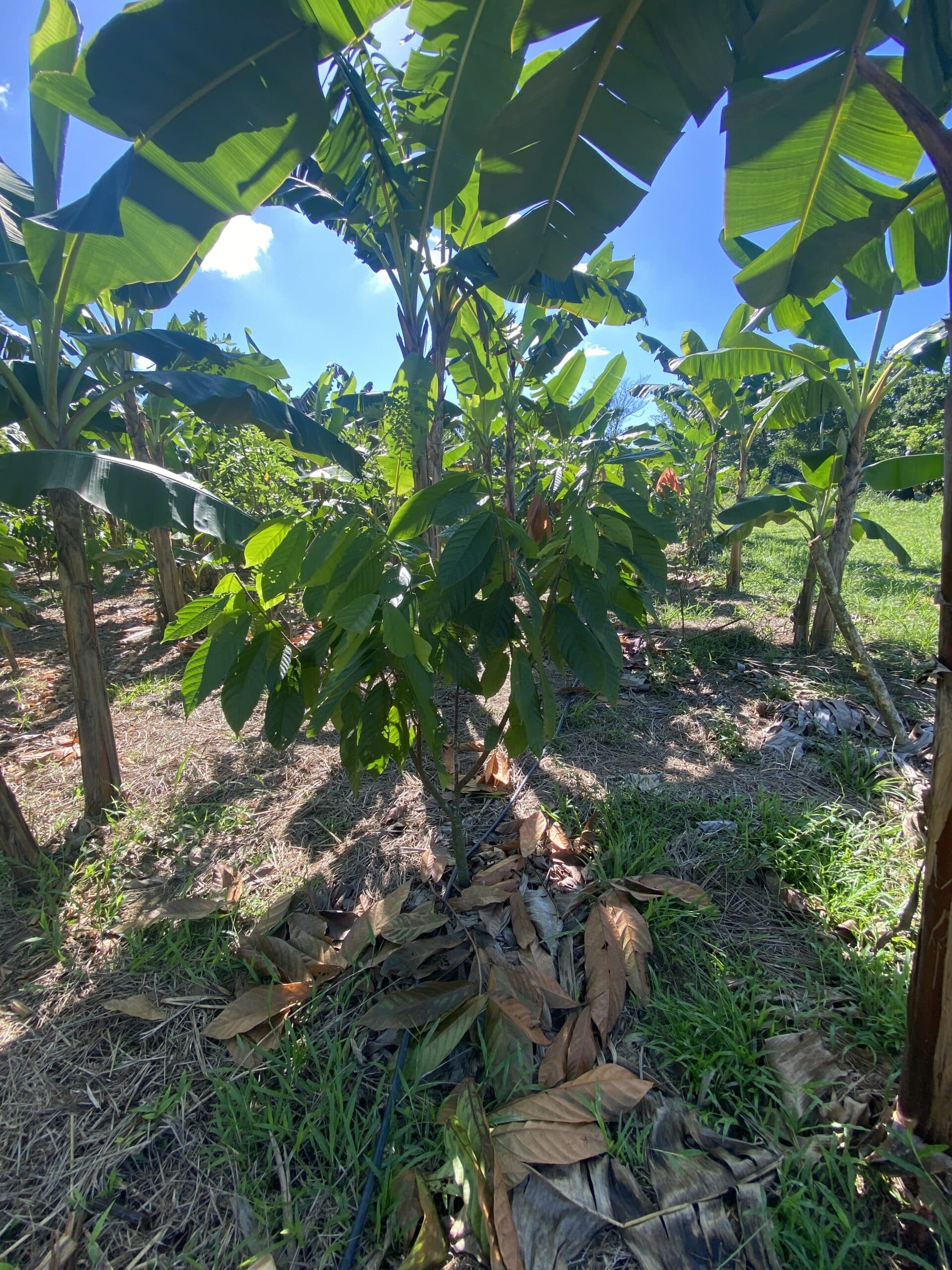
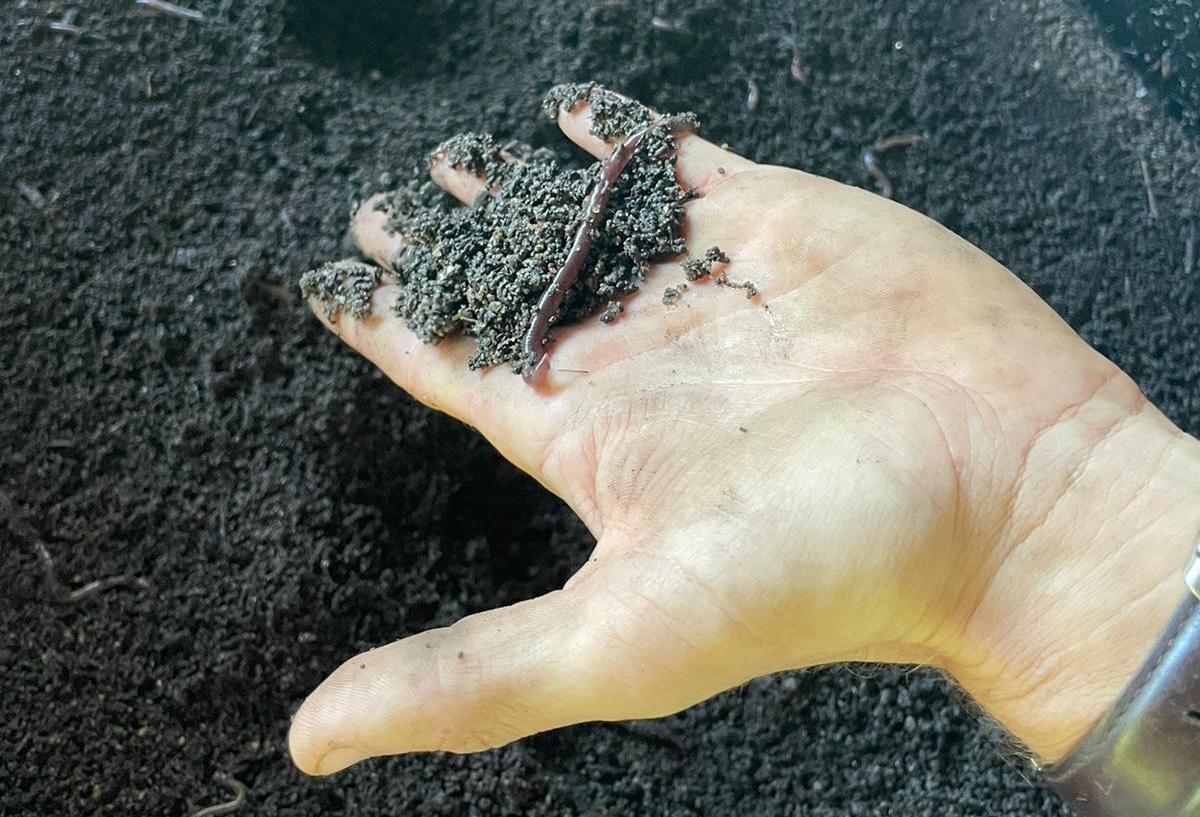
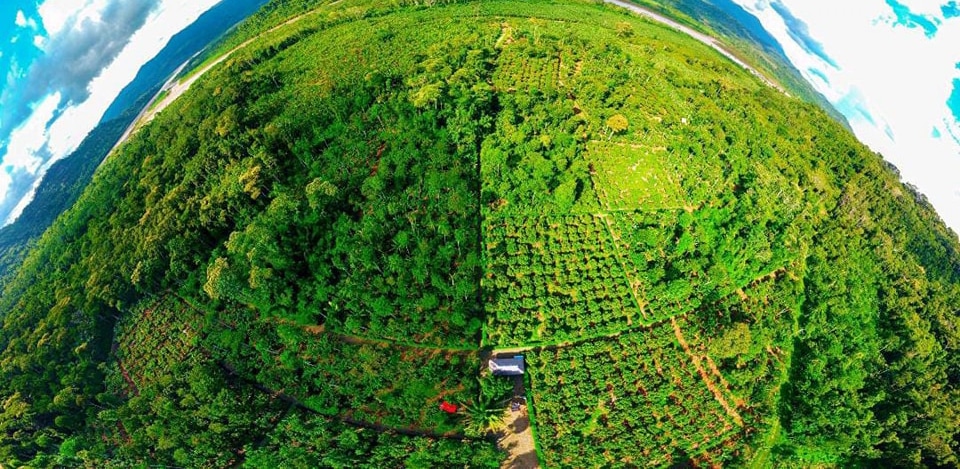
Better water quality thanks to fewer harmful substances
Because organic farmers use very limited quantities of fertiliser and avoid using chemical-synthetic pesticides, fewer harmful substances find their way into the groundwater. The reduced use of nitrogen fertilisers also reduces the risk of nitrate infiltration which is contaminating the drinking water in many regions. Avoiding pesticides also means that no residues of herbicides or insecticides seep into the water, which over time improves the quality of surface and groundwater.
Greater biodiversity for stable ecosystem
Biological diversity thrives when land is left uncultivated, no chemical substances are used and pollinators are protected. This creates valuable habitats for countless animals and plants which are often driven out of intensively farmed land. In particular, wild bees, butterflies and other pollinators benefit from the wide range of flowering plants on organically farmed land and this not only ensures that both wild and cultivated plants are pollinated but also contributes to the stability of entire agrarian ecosystems. Furthermore, hedges, wildflower strips and unused field edges also offer refuge to numerous beneficial creatures which regulate pests naturally and so help to protect the plants with no need for synthetic substances. The same applies to agroforestry systems, where a high degree of biodiversity is to be found, and also to farmland that is Regenerative Organic Certified (ROC).
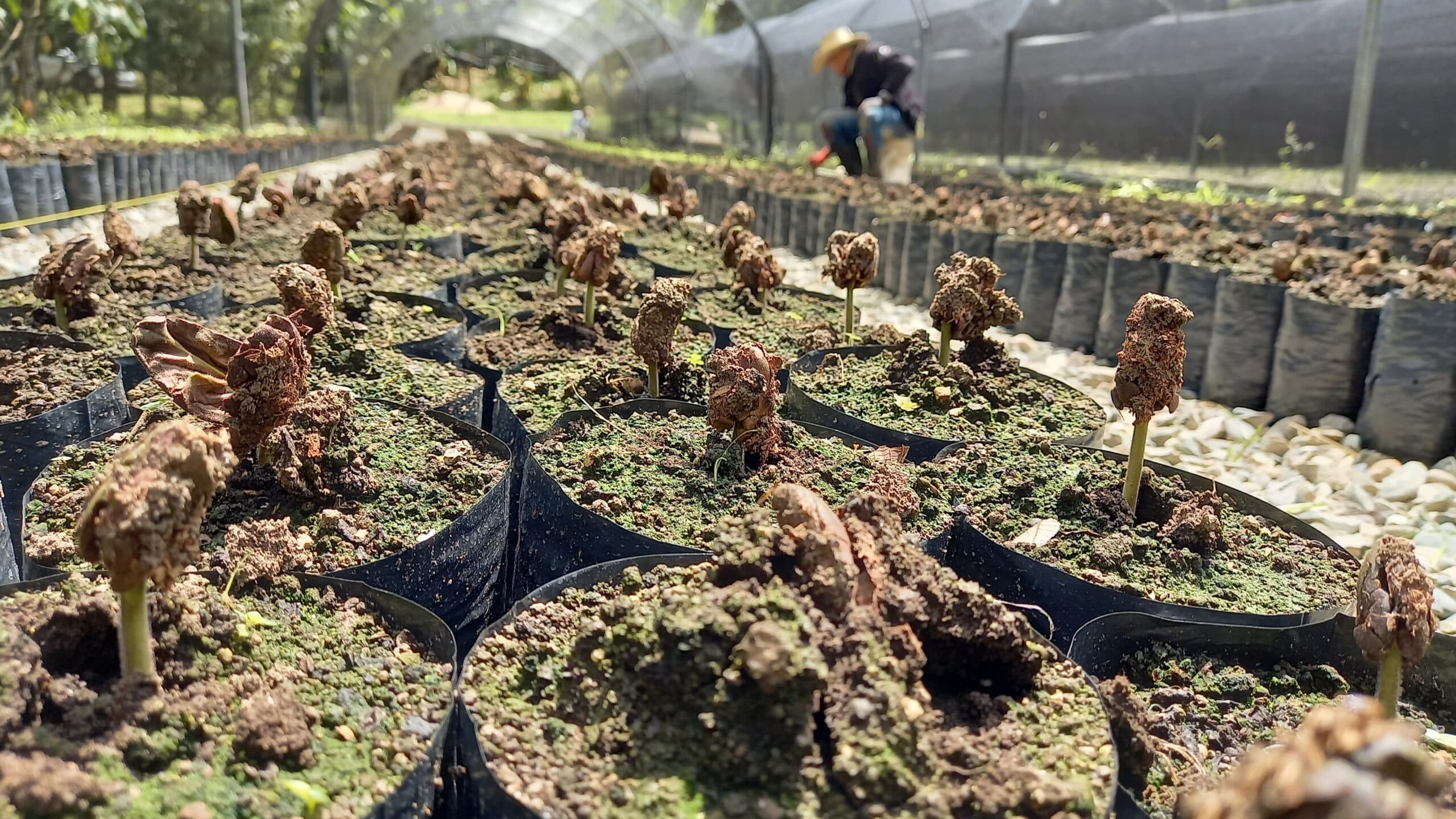
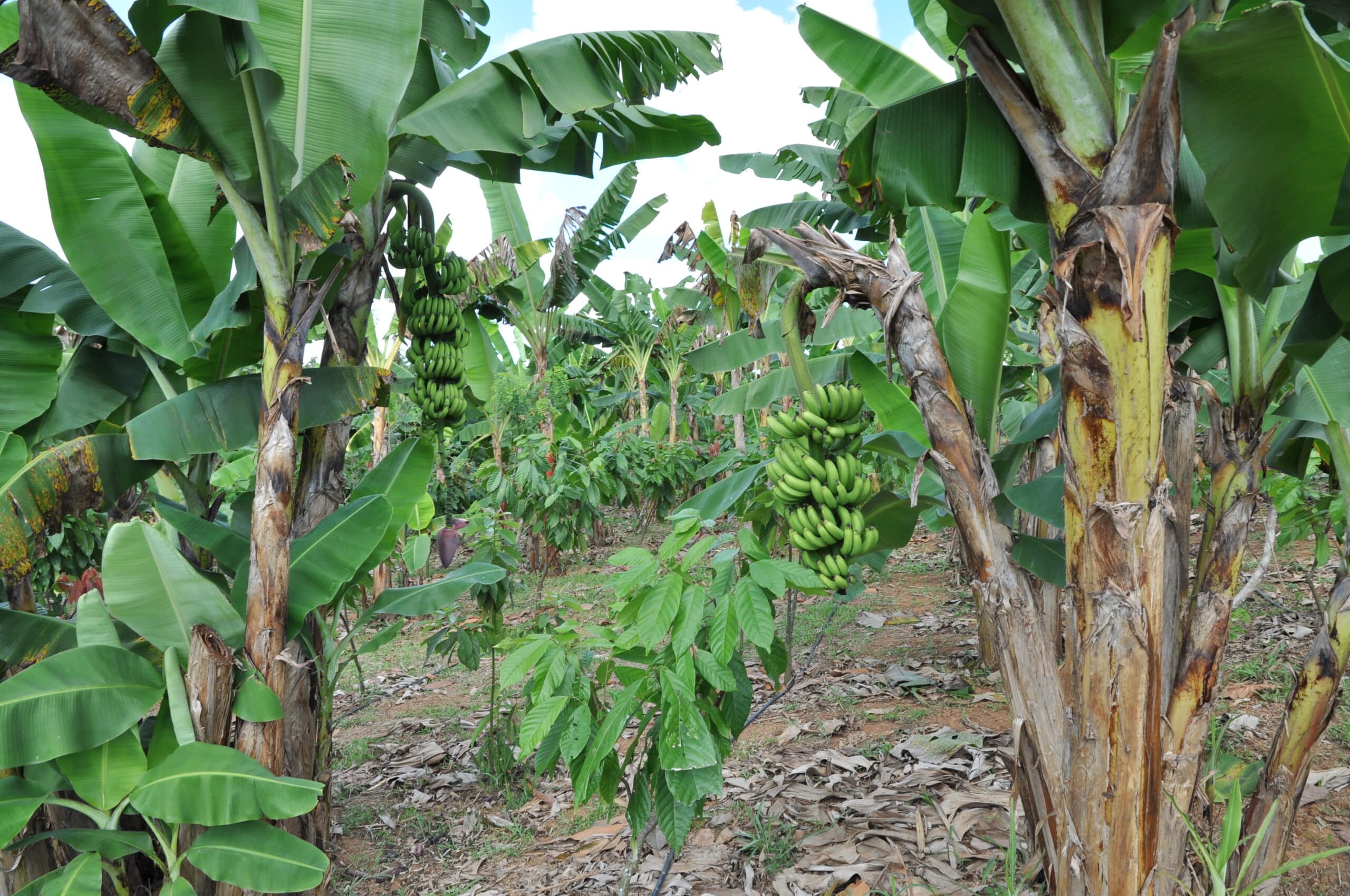
Reduced energy consumption during production
Because organic farmers don’t use energy-intensive mineral fertilisers or synthetic pesticides, they consume less energy overall. Producing and using chemical fertilisers and pesticides requires considerable quantities of fossil fuels and this contributes to the high energy consumption of conventional farming methods. Organic farms, on the other hand, rely on organic fertilisers such as dung and compost which require far less energy to produce and use. Crop rotation, mixed cultivation systems and agroforestry also boost soil fertility naturally, reducing the need for any further intervention.
Fully traceable organic raw materials make our message credible
Organic foods are trust-based goods. By providing end-to-end traceability, and having long-standing relationships with the same smallholder organisations, PRONATEC is able to provide the basis on which this trust is established and maintained. Transparency about our production methods, for example about our 100 % organic cocoa processing plant, also boosts our credibility.
All our organic and Fairtrade-certified cocoa products, chocolate, coatings, sugar, vanilla products and herbs and spices are available in a quality that meets demanding quality certification standards. Click here for an overview of all our available certifications and labels.



